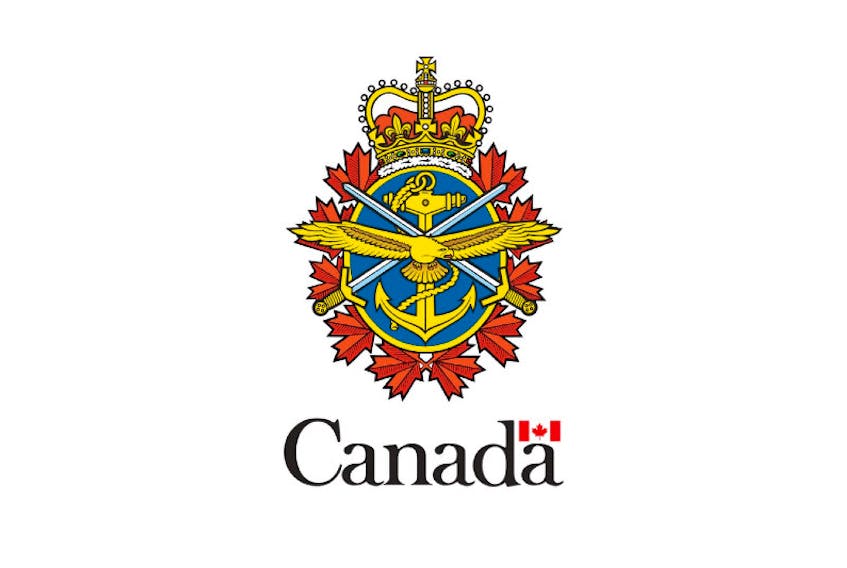A P.E.I. reservist at the centre of a military court martial will soon know if his case will be tried by the military or in civilian youth court.
The reservist is charged with sexual assault and behaving in a disgraceful manner, in particular, touching the victim without consent.
Neither the accused nor the victim can be identified due to a publication ban. The accused was a youth at the time of the incident, which is alleged to have occurred in May 2019 in Nova Scotia. The accused was a member of the Canadian Armed Forces at the time of the alleged offence as minors can serve in a training capacity.
Monday's proceedings were held virtually at Queen Charlotte Armoury in Charlottetown before military judge Cmdr. Sandra Sukstorf.
Defence counsel Maj. Alexandre Gélinas-Proulx argued that the case should be heard in civilian youth court under the Youth Criminal Justice Act (YCJA) rather than in a military court martial.
Sexual assault is contrary to both the National Defence Act and the Canadian Criminal Code.
Gélinas-Proulx backed up his position with more than 10 instances in which he believed the military justice system fell short of the protections the YCJA provides.
For example, the accused was not advised of his right to have a parent or adult present during questioning and there is no automatic publication ban in military courts.
“The system will continue, and is tailored, to generate those violations in every case a young accused will come before the court,” said Gélinas-Proulx. “Everybody did their job according to the book. The book leads to those violations, your honour.”
Military prosecutor Maj. Patrice Germain said staying the military proceedings in favour of youth court is not the way to go.
The supreme court has said the purpose of the military justice system is to ensure discipline, morale and efficiency in the Canadian Armed Forces and so, the justice is different for youth who are members of the Canadian Armed Forces, said Germain.
“Those young serving members are military members. They wear the uniform and they are subject to the code of service discipline,” said Germain.
Sukstorf said the military justice system works together with administration, aka: the chain of command, and is designed to support members of the Canadian armed forces to become disciplined soldiers.
“We have a lot of very, very strong structures that support youth,” said Sukstorf. “Discipline is a bifurcated role in our system. Part of it belongs to us as the judge, but part of it belongs to the chain of command.”
She added the civilian system, and the military system have “very comparable” sentencing regimes.
Sukstorf will present her decision within the next two weeks. A trial, if necessary, is scheduled for July.









